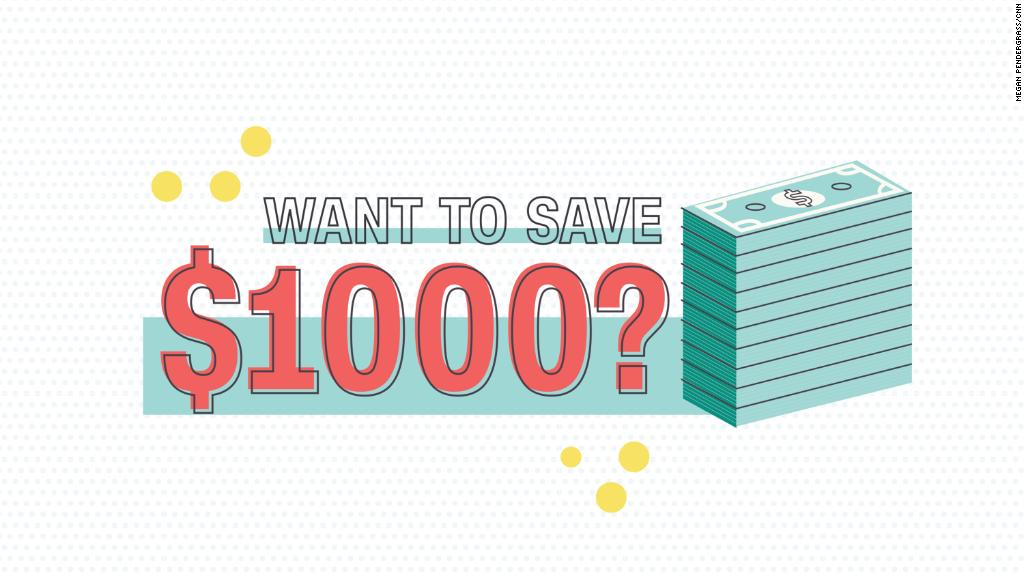
You're doing well: you've got a partner, you've got a job, you're paying bills on time and your credit is good.
But do you use credit cards to cover your expenses between paychecks? Does a sudden unexpected expense cause major disruption in your life? Do you argue with your significant other about these things?
You could be, like a lot of Millennials, on the financial edge and not even know it.
Many young people who have prime credit (those who have credit scores above 700) actually look more like non-prime borrowers in several of their money habits, according to a new study from Elevate's Center for the New Middle Class, which researches consumer behaviors.
Non-prime borrowers, by comparison, are Americans with a credit score below 700. Their access to credit is limited and lenders often break their ranks down in terms like: "near prime," "sub-prime," and "deep sub- prime."
The study showed that Millennials, regardless of credit status, behaved like non-prime borrowers in using credit cards to cover expenses month to month, to be shaken by an unexpected drop in income or sudden expense and to argue over finances with their partner.
"It was surprising that the Millennial group exhibits this fragility," said Jonathan Walker, executive director of the Center for the New Middle Class. "These Millennials ... are on the knife's edge -- they are in a position that is more fragile than they may be aware of."
He says that it remains an open question whether young people will grow out of this, or "if they are the vanguard of the new economy and as they grow you'll find more of the population exists there."
Here are some of the red flags:
Credit cards for expenses
Paying for your own expenses on credit means that you're not covering the nut each month -- you're living above your means. And you may say: But we're living in a basement apartment, without cable or Netflix and eating beans!
Still, using credit for essentials means you need to change your income (get more) or your discretionary spending (spend less). It's important because you need to be able to pay your credit card to maintain your good credit.
"People need to maniacally defend their prime status," says Walker.
"If you fall out of prime, you'll no longer have access to decent mainstream credit options, like a credit card, when your transmission goes out," he says. "If you're non-prime, it becomes more than a speed bump, it is a true crisis."
Income fluctuation
Young people are more likely to experience income fluctuation, according to the study, which can cause significant disruptions in their lives.
Most of these folks do okay, month to month, says Walker of young couples. But the problem comes when an unexpected expense hits the same month they have a low income. "That's when they get caught in the vise."
If your income goes down by 15% in a given month, it is the rare person who has enough extra dough tucked away.
"You can't solve your income fluctuation problem by not having avocado toast," says Walker. "It puts so much pressure on all of your other finances."
This is a difficult warning sign to combat in our increasingly gig-based, commission-driven economy. It's not always predictable if your income fluctuates.
That's why it's a good idea to stash cash in that emergency fund during the flush months.
Money arguments
The study found that, for all age groups, couples who fight about things also fight about money.
Like watching for the cliff's edge of non-prime status, young couples need also watch for the financial pit of divorce.
"One of the main causes of financial hardships is divorce," says Walker. "It can take years to recover financially from divorce."
The study shows that couples who concentrate on meeting the needs of each other are less likely to find friction related to money, even if other frictions exist in their lives.
